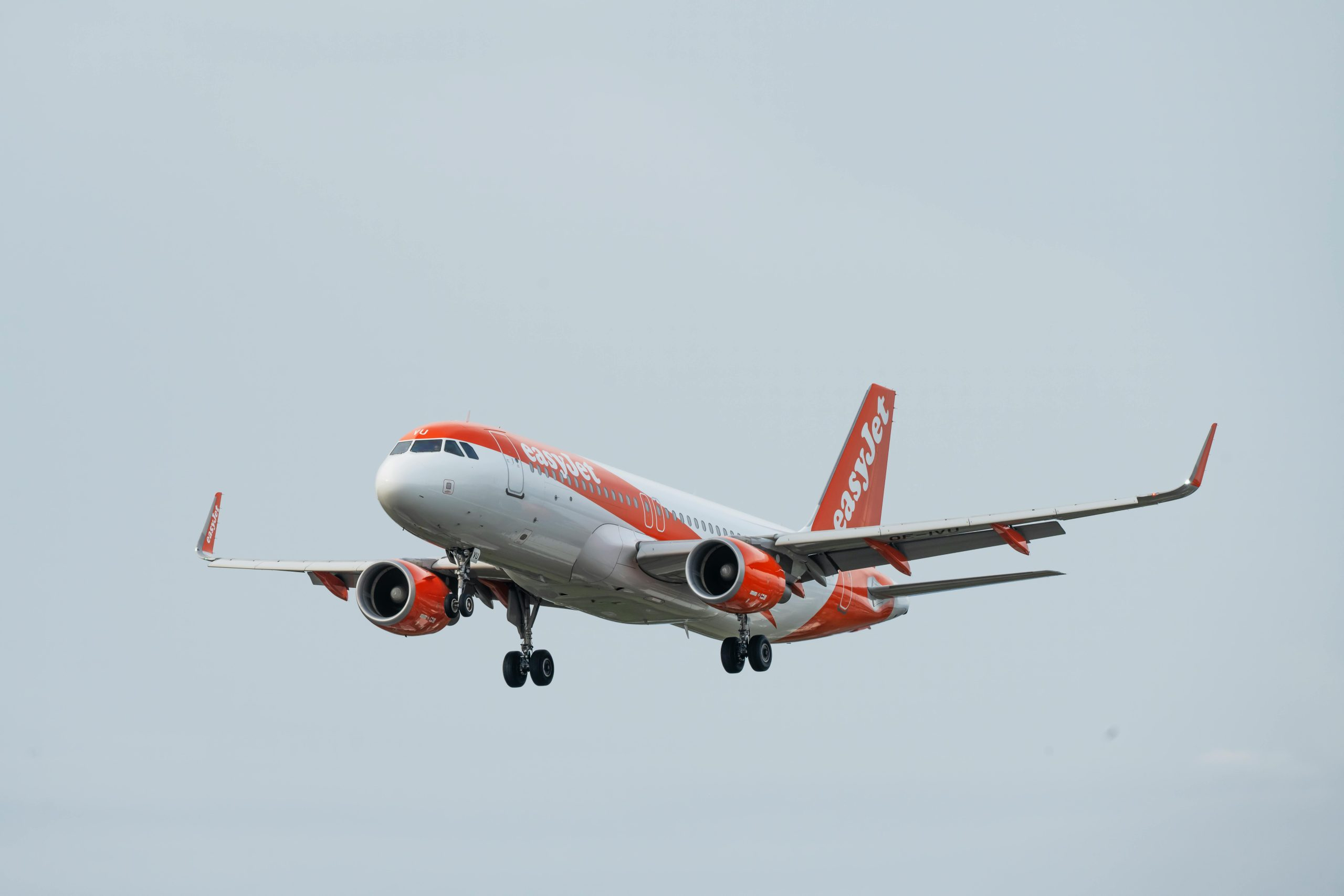Fuel Efficiency Breakthroughs in Commercial Airline Engines
Welcome to a new era of commercial air travel. With the advancement of technology, major breakthroughs have been made in the aviation industry, particularly in fuel efficiency for commercial airline engines. These developments have not only improved the bottom line for airlines, but they also have a positive impact on the environment. In this article, we will explore the latest fuel efficiency breakthroughs in commercial airline engines and how they are changing the landscape of air travel.
The Need for Fuel Efficiency in Commercial Airline Engines
Fuel efficiency has always been a key concern for airlines as it directly affects their profitability. Fuel is one of the biggest expenses for airlines, accounting for more than 30% of their operating costs. With airlines constantly trying to keep ticket prices competitive, any fluctuation in fuel prices can have a significant impact on their bottom line.
Moreover, with the increasing concern for climate change and carbon emissions, the aviation industry has been under pressure to reduce its environmental footprint. According to the International Air Transport Association (IATA), commercial aviation accounts for 2% of global carbon emissions. Therefore, it is crucial for airlines to invest in fuel-efficient technologies to reduce their impact on the environment.
The Latest Fuel Efficiency Breakthroughs
1. Introduction of New Engine Designs
One of the most notable fuel efficiency breakthroughs in recent years has been the introduction of new engine designs. Major engine manufacturers, such as General Electric and Rolls Royce, have invested heavily in research and development to come up with more efficient engines.
For instance, the GE9X engine, used in Boeing’s 777X aircraft, boasts a 10% fuel efficiency improvement compared to its predecessor. This is achieved through the incorporation of advanced materials and technologies, such as ceramic matrix composites and 3D-printed components, which reduce weight and increase engine efficiency.
2. Use of Biofuels
Biofuels have also emerged as a promising solution for reducing the carbon footprint of commercial airline engines. These fuels are made from renewable sources, such as plant oils or waste materials, and can significantly reduce carbon emissions compared to traditional jet fuel.
In 2018, the world’s first commercial flight using biofuels was successfully completed by Etihad Airways, which achieved a 20% reduction in emissions. Since then, several other airlines have followed suit, including United Airlines and KLM, demonstrating the viability of biofuels as an alternative to traditional jet fuel.
3. Implementation of Sustainable Practices
Apart from technological advancements, airlines are also implementing sustainable practices to improve fuel efficiency. One such practice is Single Engine Taxiing, where planes use only one engine instead of both during taxiing, which can save up to 4% of fuel per flight.
Furthermore, airlines are optimizing flight paths and using advanced weather forecasting to reduce fuel consumption. This not only saves on fuel costs but also reduces carbon emissions by decreasing the amount of time spent in the air.
The Impact of Fuel Efficiency Breakthroughs
The implementation of these fuel efficiency breakthroughs has had a significant impact on the aviation industry. Airlines are now able to save millions of dollars on fuel costs, which can be reinvested into improving the overall travel experience for passengers.
Moreover, these developments have also led to a decrease in carbon emissions, contributing to the industry’s goal of achieving carbon-neutral growth by 2020 and reducing carbon emissions by 50% by 2050.
Conclusion
Fuel efficiency breakthroughs in commercial airline engines are a result of continuous innovation and investment in new technologies. These advancements not only benefit airlines by reducing their operational costs but also benefit the environment by reducing their carbon footprint. As the aviation industry continues to grow, it is crucial for airlines to prioritize fuel efficiency to ensure sustainable and responsible air travel. It is an exciting time for the aviation industry, and these breakthroughs are just the beginning of a greener and more efficient future.










